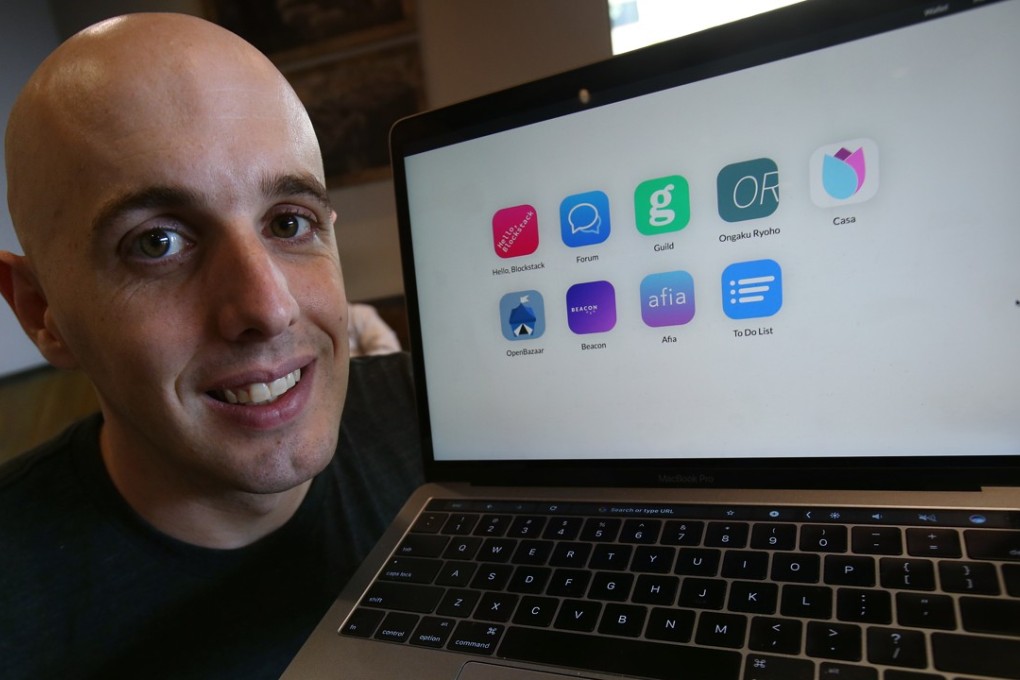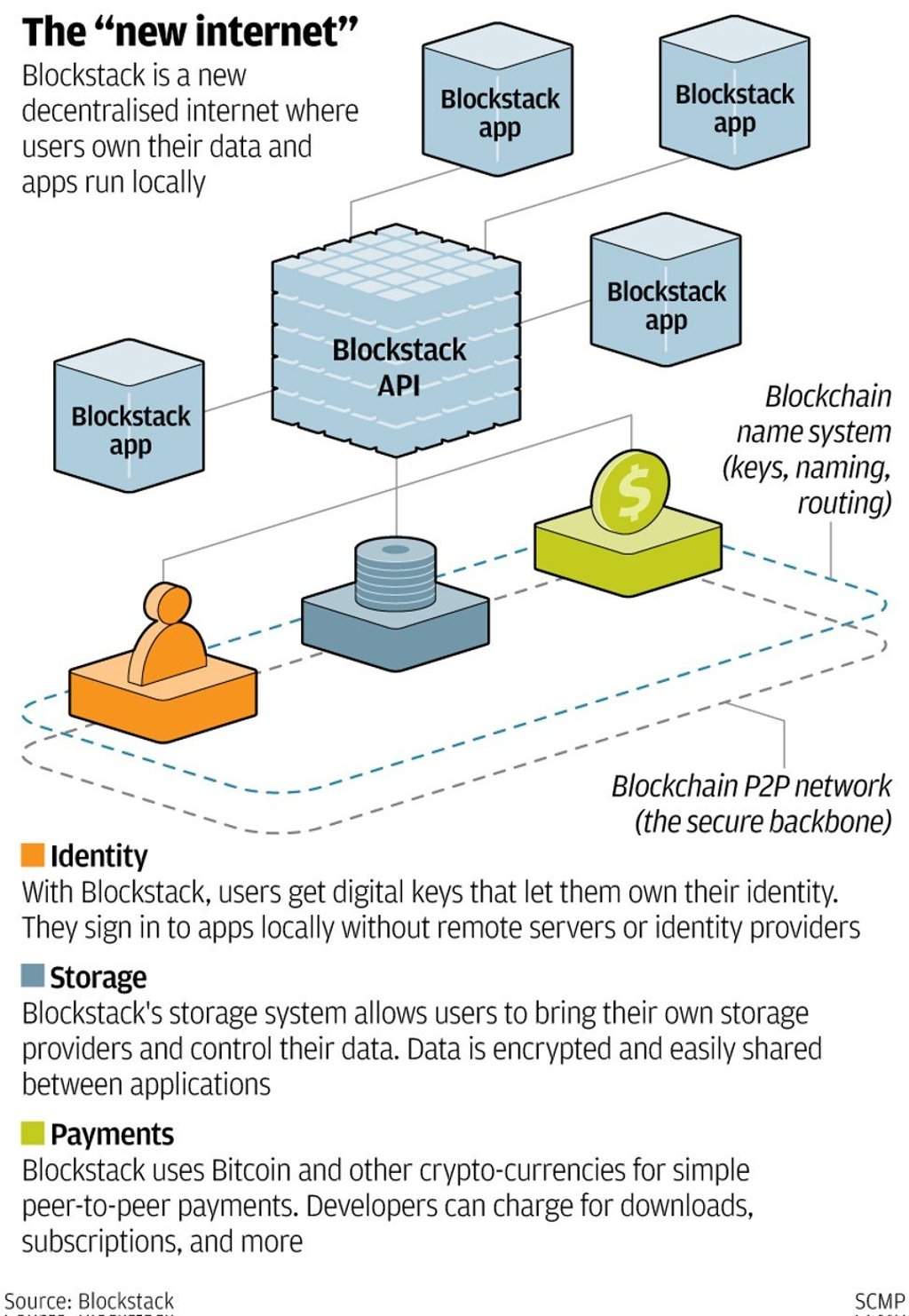‘New internet’ looks to keep user data away from tech giants and bypass China censorship
Blockstack is a decentralised internet where users keep their data locally when they run apps, and a Hong Kong-based software engineer is helping get the project off the ground

A Hong Kong-based software engineer is doing his bit to develop a “new internet” said to offer users complete control over their personal information and bypass mainland China’s “Great Firewall”.
Blockstack is a decentralised internet where users keep their data locally when they run apps. This is in contrast to the conventional internet which stores users’ information in centralised servers – making it vulnerable to theft by cyberattack.
Larry Salibra, a cybersecurity expert, is the sole Blockstack developer in Hong Kong.
“It’s a really big change from the current internet ... we [take] the value away from these big centralised companies like Facebook and Google and put data back into the users’ control,” he said.
Salibra considers himself “one of the earliest fans” of Blockstack. The project fit into his vision of what a blockchain can be used for.
